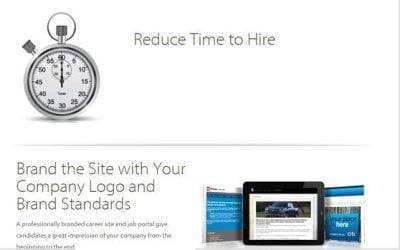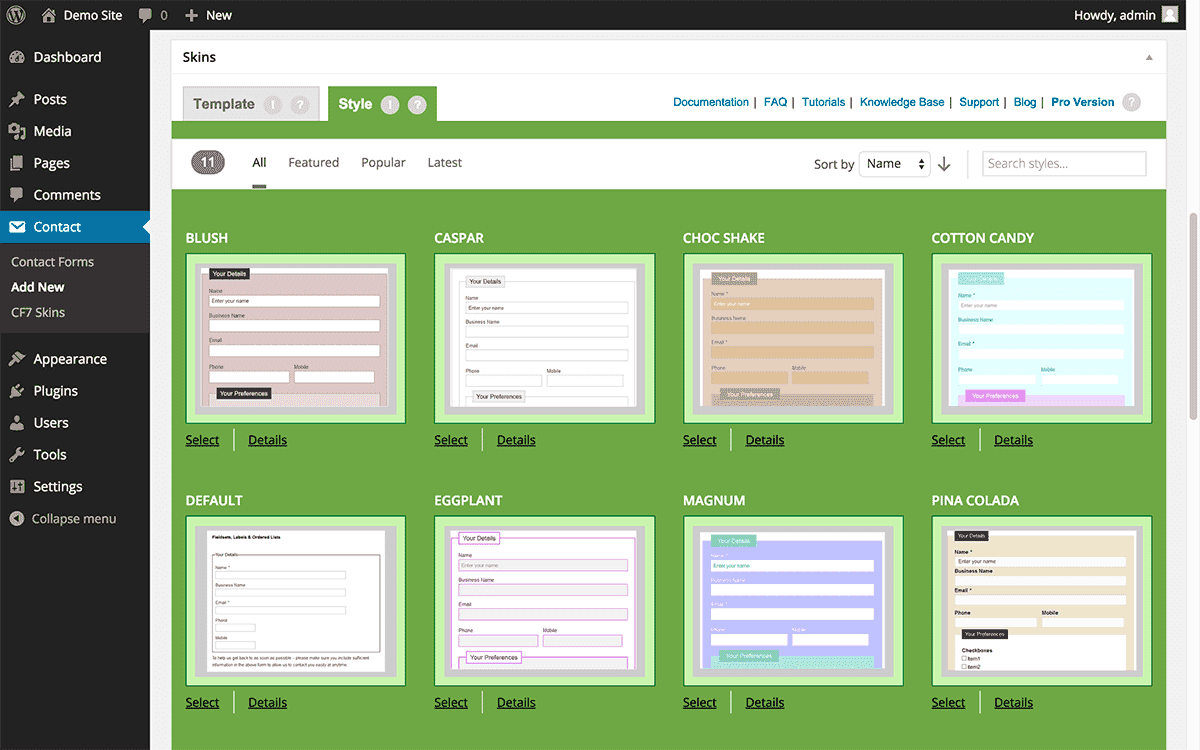Should I hire a website developer? Yes, and here’s why

It is not a question of upfront cost but opportunity cost which means timing is critical
I am here to convince you why, unless you’re a web designer by trade, you’ll eventually need to outsource your website design & development at some point. It comes down to three main points:
1. Competition: There’s always someone ready to beat you out of business
2. Expertise: Specialization is the only way to be the best and win with all this competition. There is only so much time in the world
3. Profit Over Cost, a change in priority is needed
There are currently around 1.3 billion websites on the web, and one article estimates that:
The internet is the new battleground for business as the majority of retailers that used to rule the malls and shopping districts before have been bringing their products online.
- Small businesses can actively compete against giants like Amazon is today or Macys was whenever “The Miracle of 39th Street” was filmed
- Marketing has migrated more and more online through Google Searches and Facebook Ads.
- It is possible to find a small but profitable niche across the globe which was impossible before
Intense Competition: There is Always Someone Else On the Next Click!
And with the media overload we get on a daily basis people are highly discerning customers. They might have tolerated static, ugly websites that don’t load and have crazy fonts and image formats just a decade ago, but now 53% of users will exit a page for taking more than 3 seconds to load.
Imagine if your payment system was broken or even the link to one of your pages?
Website visitors won’t wait around for you to fix it, they’ll be off to the next search result and won’t bother coming to your site again. Anybody who has ever Googled a simple question will understand the threat of competition and the need to have an excellent website.
I did a simple Google Search to get the stat for this article… 71.1 Million results. You need certainty in this day and age that your website will do what you expect it to do 100% of the time.
The Quest for Expertise

This can be taken as a positive or negative, but however you choose to look at it Expertise is now a non-negotiable to survive in the business landscape. Not only for your website’s focus so Google can understand how to rank your site, but for your skillset and career prospects. We need to specialize early on in a very narrow field to become the best, most highly demanded experts in our respected fields.
It’s especially difficult for start-ups and small businesses with only a few workers or even sole proprietors. They have the additional challenge of needing to learn everything just enough to start working and making money, but if they don’t learn enough on the other hand then they’ll never get the attention to attract customers.
10,000 Hours?
The 10,000 hour rule was coined by Malcolm Gladwell in his book “The Outliers: The Story of Success,” which said anyone could become an expert at something with 10,000 hours of practice.
This concept has come under a lot of fire as people proved their expertise in aggressive Reddit posts.
But this theory was always meant to be a benchmark, not a rule and taken this way, the premise stands true. Practicing is one thing that is non-negotiable in developing expertise. Even the prodigies need to hone their skills to truly be the best in their respective fields.
It takes a lot of time and energy to be good at something, and as humans, we fall prey to the convenient short cut that will promise the quickest and cheapest results but ultimately won’t meet our long term needs.
You can listen to the stories of two entrepreneurs who took different routes when they decided to develop their own websites in our podcast series.
Each had spent hundreds of hours on their sites while trying to get their businesses up and running. It was frustrating work, especially when one of the entrepreneurs realized she would need to migrate her site to WordPress when Wix, her website builder became too restrictive.
Experience is an investment. So it is important for you as a business owner to really take stock and determine what you really want from your website. You can ask questions to help plan rather than jumping in and having to spend hundreds of hours fixing your mistakes
- What is the maximum traffic you can envision yourself getting at any time?
- Are you going to need more bandwidth and speed than a shared hosting plan can give you?
- If so which platform should you use?
There are hundreds of questions to ask and thousands of resources to learn it all from. The only question is whether you have the time.
A Hybrid Approach:
Do what you can to lower the cost and get the professional help

Think Profit Not Cost

Shared hosting means your website shares bandwidth with other websites, so if one has a lot of traffic your site speed may be penalized.
This all-important cost figure is the ultimate goal for many website owners. They just want a website to display their products or to post some contact information with as little cost as possible. And we aren’t saying that’s a bad thing, not every website needs to load instantly and look good. There are blog pages that are there to communicate one-time information like math homework that your target viewer really has no control over. They have to do the homework even if the page doesn’t load perfectly.
But math homework is probably the only example where that kind of broken looking slow loader is acceptable.
A good rule of thumb is to think of your website as your interview clothes for a job. They are the first impression a recruiter will get of you, they can make or break your chances of being hired.
If the recruiter sees the t-shirt and jeans you threw on half an hour before the interview, they won’t hear a word you say.
Even if your product is exactly what your audience wants, they won’t stay to browse past the landing page if your website, and therefore your first impression, is garbage.
If you don’t put sufficient time, money, and effort into your website and stick to your outdated and counterproductive goal of saving five dollars on highly important website infrastructure you will have wasted your time and money.
Spending the minimum $200 to get a cobbled together messy site nobody wants to spend time on will just be a waste of $200.
Without the proper expertise, your website becomes a cost not an investment!
In Conclusion
You get out what you put in
Ultimately, you make a website to create value.
That’s generally profit if we’re talking about ecommerce stores, but it can also apply to non-profit, educational, or personal portfolio websites. You want to create enough value that the audience clicks that pair of brown boots, or donates to your cause, clicks another tutorial, or visits your “About Me” page.
Everybody is selling. It doesn’t matter their profession. It’s selling products, attention over other causes or resources, or yourself and your experiences. And you can’t forget there are thousands of people lined up behind you ready to sell their own version.
That’s why, hiring a professional should be the default consideration for website design needs.
Jumping-in doesn’t have to be so messy. Getting advice from an expert with decades of experience under their belt is the number one thing you can do to help yourself.
You can book a friendly call here where we can answer your questions about our services or even point you to some great resources if you’re set on doing things yourself. We can help you get a package you’re happy with at a price that won’t break your bank.
More Web Design and Business Resources
Let’s Improve Customer Experience “CX”
I remember the days when we filled paper forms with questions, designed attractive comment boxes and rushed after customers around the store in order to convince them to leave a piece of feedback on the products or services we offer, but times have changed …
Are you delighting your customers?
I can imagine 99% will say YES right away. But my next question is: “how do you know ? ” The truth is you don’t! or maybe you “kind of ” know because you survey them once or twice a year and look at the social media interactions (for those who use it!)
Winning the war for talent
I find it quite strange that many of the good employers, cite that it is becoming more difficult to find, attract and hire the right talent, while at the same time talented professionals looking for a new challenge also seem adamant that such opportunities are rare or non-existent!
The current recruitment processes and tools are mostly cumbersome and outdated. They are not suitable for this day and age, and notably not suitable for generation Y, AKA the Millennials. Companies and Businesses are now competing for talent and need to sell themselves to the individuals as much as candidates selling themselves to the business (not literally !)
Employee Engagement
According to Aon Hewitt’s 2014 report, global employee engagement stood at 61% and it varied from region to region between 57% and 65%, which shows great improvement from previous years where in some regions employee engagement was less than 50%










